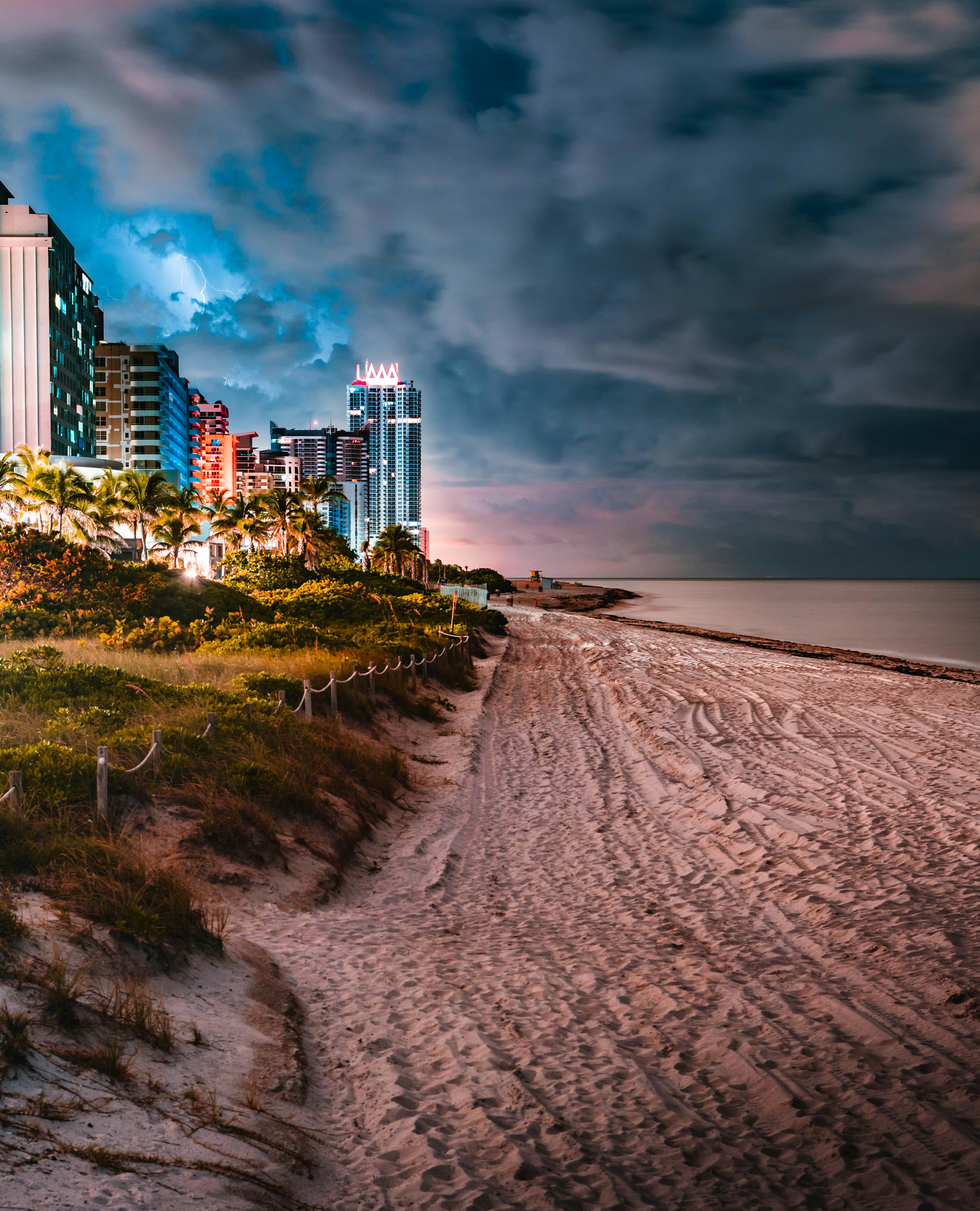Introduction
When hurricanes strike, their impact can be devastating, leaving communities in urgent need of relief and rebuilding efforts. While national agencies often capture headlines, it is the local government that plays a pivotal role in both immediate hurricane response and long-term recovery. In this post, we’ll delve into the strategies and responsibilities of local governments in managing these natural disasters, providing a comprehensive understanding of their indispensable function.
Coordinating Immediate Response Efforts
Local governments serve as the primary coordinators in the immediate aftermath of a hurricane. Their responsibilities include organizing evacuations, setting up shelters, and ensuring the supply of essential services such as power and water. By acting swiftly, local authorities can mitigate the loss of life and facilitate quicker recovery.
For example, local emergency management agencies work closely with state and federal resources to provide real-time information and resources. This coordination is crucial for the allocation of aid and the deployment of first responders. Communities are encouraged to familiarize themselves with their local emergency management agencies to better understand available resources and procedures during hurricane season.
Long-Term Recovery and Rebuilding
Beyond the initial response, local governments are instrumental in the long-term recovery process. They lead efforts in rebuilding infrastructure, restoring services, and planning for future hurricane mitigation. This often involves conducting detailed assessments of the damage, applying for federal assistance, and managing the distribution of funds.
A significant part of this process is adapting urban planning and building codes to enhance community resilience. As emphasized in our workplace safety culture resources, effective planning can significantly reduce the impact of future disasters.
Community Engagement and Education
Education and communication are crucial components of a local government’s role in hurricane preparedness and response. By keeping the community informed, local authorities can enhance public awareness and preparedness, ensuring that residents understand the risks and are better equipped to handle emergencies.
Programs focused on CPR training and other emergency response skills are essential. These initiatives not only empower individuals but also foster a collective resilience within the community.
Collaboration with Nonprofits and Volunteer Organizations
Nonprofits like HelpNow are vital partners for local governments. These organizations provide additional resources and support that complement governmental efforts. By partnering with groups specializing in emergency response training and community mobilization, local governments can enhance their capacity to address the needs of affected populations efficiently.
Volunteers play a crucial role during hurricane recovery, offering both labor and expertise. Opportunities for volunteering can often be found through local government channels, fostering a sense of unity and shared purpose in rebuilding efforts.
Challenges Faced by Local Governments
Despite their critical role, local governments face significant challenges in hurricane response and recovery. Limited resources, political pressures, and the unpredictable nature of these disasters can impede efforts. It is essential for local authorities to engage in continuous planning, investment in infrastructure, and community education to overcome these challenges effectively.
Conclusion
The role of local government in hurricane response and recovery is multifaceted and indispensable. By ensuring swift action during emergencies, facilitating long-term recovery, and fostering community resilience, local authorities help safeguard communities against future threats. By collaborating with nonprofits and empowering individuals through education and training, they strengthen the very fabric of community preparedness. For more information on how you can prepare for hurricanes, visit our subscription page to stay informed about upcoming training and workshops.

